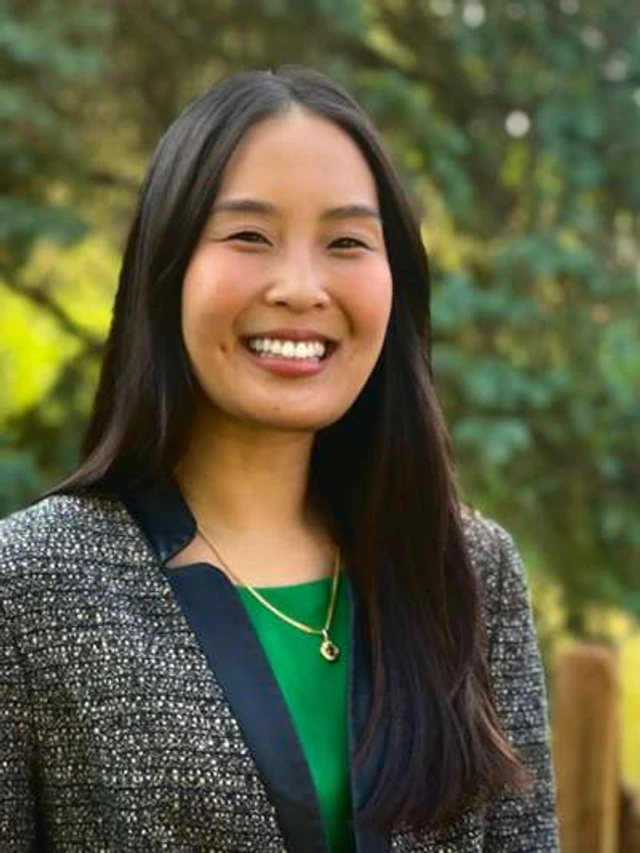
Research Program Mentors
Polygence mentors are selected based on their exceptional academic background, teaching experience, and unique ability to inspire the next generation of innovative thinkers and industry leaders.

Sydnie
PhD candidate
Expertise
Classics, Ancient Greek, Women in Antiquity, Greco-Roman Mythology, Magic and Witchcraft in Antiquity

John-Paul
MPH
Expertise
Environmental Science, Math, Writing, Chemistry, Literature, English, Website building, public health, biology, science, journalism, epidemiology, marine science, Occupational Health,

Elisabeth
PhD candidate
Expertise
Ethics, Epistemology, Aesthetics, Philosophy of Mind, History (American Civics, Government, Political Theory), Communications, Writing for Broadcast, Journalism, Video Art, Video Production, Creative Writing

Mohammed
MBA
Expertise
Architectural Engineering, Mechanical Engineering, Business Management, Business Strategy, Music Production, Audio Engineering

Jacqueline
PhD candidate
Expertise
Clinical research, specifically pediatric cardiology, rare genetics, addiction, and social determinants of health. Also Spanish literature

Claire
MSW
Expertise
Public health, reproductive health, sexual health, violence prevention, advocacy, clinical therapy

Matthew
PhD candidate
Expertise
Graphic design, data science, sustainability, participatory design, information design, sound design, film making, photography, creative writing, user experience design

Cleo
Industry expert
Expertise
Film and TV Studies, Scriptwriting, Production and Business, Media, Hollywood, Entertainment Industry

Teryn
PhD candidate
Expertise
Entrepreneurship, Startups, Venture Capital, Business, Project Management, Neurobiology. I will coach you on creating a pitch deck for your startup idea and will connect you to funding opportunities in my network.

Yash
MS candidate
Expertise
Electrical and Computer Engineering/Computer Science/Scientific Simulation/Chip Design/Software Engineering

Tamara
PhD candidate
Expertise
biology, medicine, neuroscience, Bioinformatics, Writing, Data science and AI for health and medicine, applications of neuroimaging, Genetics, Neuroscience, Neuroimaging, data visualization using real datasets, Precision medicine and the future of healthcare

Song
MD candidate
Expertise
Medicine, surgery, basic sciences, english, language arts, sociology, art history or fine arts







